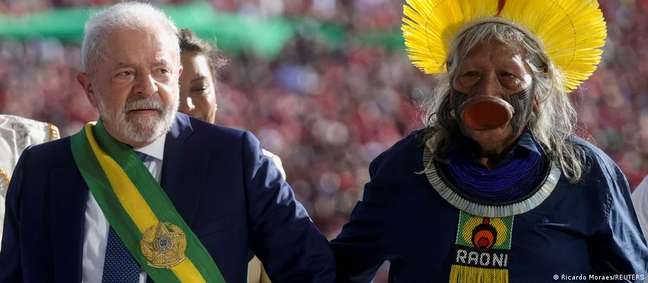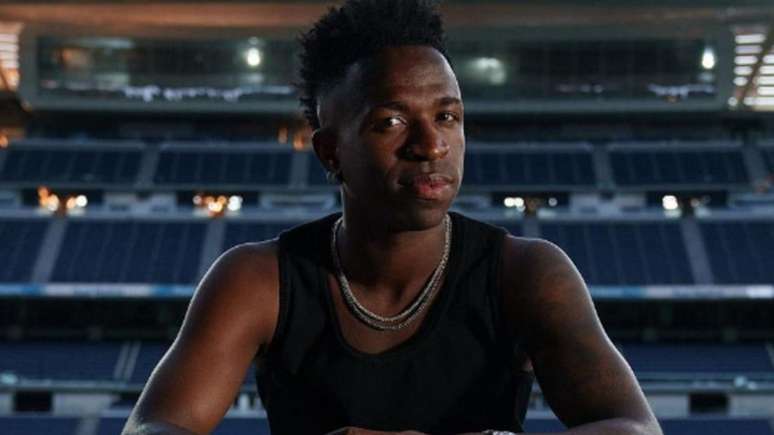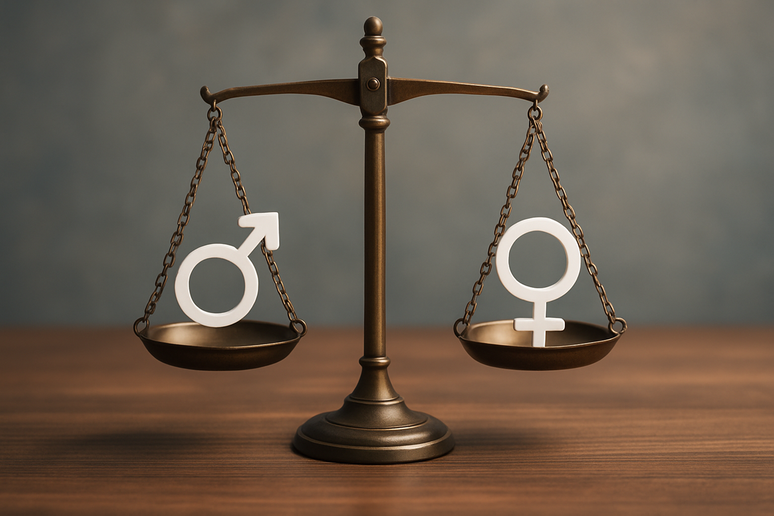The president begins his third term with a ceremony marked by symbolism and with a speech focused on social inequality. With Bolsonaro absent, the sash was handed over by representatives of the “Brazilian people” in a ceremony marked by symbolism, Luiz Inácio Lula da Silva began this Sunday (01/01) his third term as President of the Republic with the promise to rebuild the “construction of national rights and values” built starting from the 1988 Constitution and fight hunger and social inequalities.

In the absence of Jair Bolsonaro, his predecessor in office, and his vice president, Hamilton Mourão, Lula climbed the Planalto ramp flanked by Chief Raoni Metuktire, one of the country’s main indigenous leaders, and seven other Brazilians: a black child, a waste collector, a metallurgist, a teacher, a cook, a disabled youth and a political activist. It is from this same group, an evocation of the “Brazilian people”, that Lula received the presidential sash.
Lula paraded aboard the presidential Rolls Royce, which was also occupied by first lady, Rosangela Silva, Janja, and vice president Geraldo Alckmin and his wife, Lu Alckmin.
For Magna Inácio, professor of political science at the Federal University of Minas Gerais (UFMG) and columnist for DW Brasil, the image of the president and his vice president parading together in the Rolls Royce reinforces the image of a government with a large front, which is willing to share power, while the rite of passage of the presidential sash with ordinary Brazilians is an emblem of disadvantaged minorities during the Bolsonaro government.
“There is a whole symbolism of the government, in two directions: partisan, with Alckmin in the car on this journey between Congress and Palazzo Planalto and the element of the division of power, but also a division of power with guaranteed space for minorities in this government. This is not new in the governments of the PT, but it takes on a special significance after the Bolsonaro government due to the restrictions that have been imposed on these minorities, undermining the public policies that guarantee rights and citizenship”, explains the professor of the UFMG.
Both Bolsonaro, who abandoned the presidency on the 30th and left the country, and Mourão refused to participate in the ceremony, contrary to a traditional rite of passage of power in the highest offices of the Republic.
According to Inácio, the main message of the inauguration is that “the economic agenda to reduce inequality, address hunger and the economic problems that have increased this inequality” must be the main priority of the new government, together with the inclusion of minorities “which they tell us in the end how these inequalities manifest themselves”.
Evaluates that the approval of the Transitional PEC, which guaranteed the continuity of income transfer policies and opened up space in public accounts, has left Lula in a more comfortable position to prioritize the social issue in his pronouncements to Congress, during the signing of the inauguration mandate, and in the presidential palace of Palazzo Planalto, when he spoke to supporters and criticized Bolsonaro.
Possession for the third time is overtaking Lula and the PT
In addition to Janja and the entourage of Brazilians who accompanied Lula and Alckmin in the ascent of the Planalto ramp, the sworn president was also accompanied on the journey by Resistência, a dog adopted by the first lady at the time of the arrest of the PT in Curitiba for convictions under Operation Lava Jato.
The convictions ended up being overturned by the Federal Supreme Court, which also declared the suspicion of former judge Sérgio Moro. Lula, who spent 580 days in prison, was prevented from running in the 2018 presidential election.
“The dog is a symbol of overcoming obstacles, because it represents the trajectory of a leader who ran as a candidate and ended up in 2018 with exclusion, had his rights guaranteed after the annulment of the trials and not only ran for next election, but emerged victorious,” he says. Ignatius. “It is not only a moment of personal overcoming, but also an institutional one, as part of Operation Lava Jato has been revised. It also dialogues with the recent history of the PT, with Dilma Rousseff’s experience of an interrupted government”.
“The other side of the story is Bolsonaro’s refusal to comply with the decree that provides for the passage of the presidential sash. This rite was interrupted in an act that has an aggravating circumstance for Brazilian democracy if we think that the presidents who refused to do so these – Floriano Peixoto, João Figueiredo and now Bolsonaro – are all military, with obvious difficulties in dealing with democracy and the transfer of power to civilians. They are different moments, but it is very emblematic that this moment of denial also refers to something is so sensitive to Brazilian democracy, which is the relationship between military and civilians”.
On the other hand, Inácio says he was surprised by the speech by the president of Congress, Rodrigo Pacheco, who intervened shortly after Lula in defense of tax reform and an economic agenda embraced by the legislature. An ambivalent gesture, according to the political scientist. “It is a very clear sign that the new government is starting in difficult conditions – despite the political capital, despite it being the third term, of Lula who is an experienced leader. He knows that this division of the country and the recent strengthening of Congress creates a very different scenario from the one in which he is used to governing”.
The event went smoothly
Faced with fears of attacks, the event took place under a security system that limited and hindered the circulation of the public on the Esplanada dos Ministérios.
On Christmas Eve, security forces were called in to neutralize an explosive device placed in a fuel truck by a man who later testified that he was a Bolsonaro supporter.
Despite this, even before the Praça dos Três Poderes opened to the public at 8:00, supporters of the president had already camped in front of the gates to ensure a good view of the ceremony. By 11am, anyone attempting to get to the site faced long queues in intense sun and heat.
At that time, and a few meters before the search, 19-year-old Nallyja Fernanda was resting in the shade of a tree. “I am here to inaugurate the project we believe in, which is built by the people. We believe that not only President Lula is inaugurated, but the people”, says the settler and activist of the MST youth collective of Imperatriz (MA). The daughter of farmers, she made the 30-hour journey on board a bus to see the president up close.
Ahead, a person scurried through the crowd waving a huge red fan loudly. “I have an engagement with President Lula,” said comedian Mayzon Paulo, 28, creator of the character Mulher Bat Gut, who traveled from Maracanaú (CE) to Brasilia by plane. “It’s my first inauguration. For us artists, it’s a victory to have the Ministry of Culture back. When Lula was first elected, I was little. It was my dream to be here to experience this moment of democracy, joy, unity and love – and in the expectation that it will be a government for all Brazilians. What the people lack are opportunities, and I think this government will give them to the people.”
“It is an important moment for the country, historic. And we are not satisfied with watching it on television. Feeling this emotion, seeing this diversity of people, is unforgettable”, says retired banker Vanja Albuquerque, 58, who has left João Pessoa ( PB) in the car with her husband and had arrived early at Praça dos Três Poderes.
“We see these people in the sun, anticipating themselves. All this expectation is hope for a better future,” says public school teacher and Federal District PT leader Erivaldo Sousa, 59.
+The best content in your email for free. Choose your favorite Terra newsletter. Click here!
Source: Terra
Camila Luna is a writer at Gossipify, where she covers the latest movies and television series. With a passion for all things entertainment, Camila brings her unique perspective to her writing and offers readers an inside look at the industry. Camila is a graduate from the University of California, Los Angeles (UCLA) with a degree in English and is also a avid movie watcher.



-urgt9nqrbbxz.jpg)


